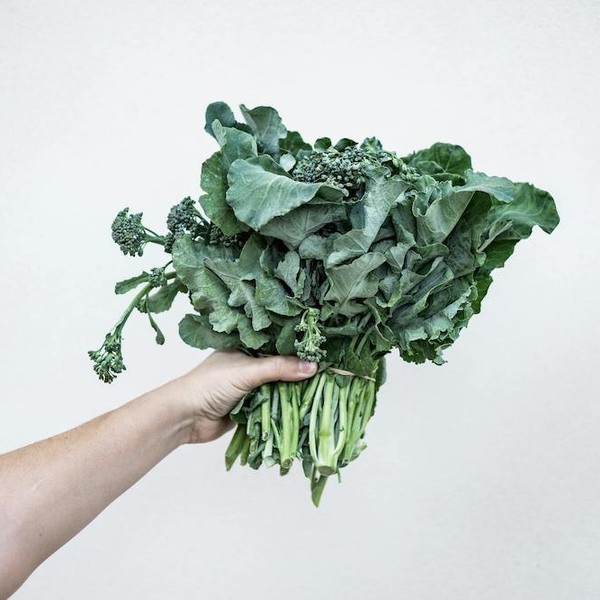Put that biological clock on snooze.
7 Facts to Know About Freezing Your Eggs

You’ve probably been told your biological clock is ticking since the moment you graduated college. Maybe you’re not exactly in jeopardy of losing your fertile moment right now, but you never know when you might cross the threshold into needing to see a doctor for fertility testing. If you’re thinking about getting all science-fiction-y and freezing your eggs, check out a few facts that you might not know about the process.

1. It kind of stops time. “Amazingly, if a woman uses eggs frozen from her younger self, her chances of getting pregnant with those eggs are very similar to the chance she’d have had using them at the time they were frozen many years earlier,” says Kristen Mancinelli, Director of Partnership and Education at Extend Fertility. It’s not exactly breaking news that a woman’s fertility declines as she ages. Freezing your eggs is one way to beat (or at least slow down) that biological clock.
2. Age isn’t the only reason for freezing. Women have a variety of reasons for seeking egg freezing services. While plenty make the decision to freeze their eggs to preserve their fertility options, Kristen shares other examples: “Those who have experienced complications associated with pelvic inflammatory disease, which can be the result of untreated STIs. History of early menopause in one’s family. Certain cancer treatments. Certain surgeries. Other diseases of the reproductive organs, including endometriosis, which can damage those organs with scarring.”

3. You’ll learn how to give injections — to yourself. You’re not going to walk into the office, ask the doctor to take some eggs out and have the procedure all in one day. The retrieval process takes time. You’ll need to help those eggs ripen and mature enough for harvesting. Kristen notes that women give themselves hormone injections during the “stimulation phase.” But don’t stress too much about pain. Kristen explains, “The needles are very thin and are injected into the fatty tissue around the belly, which the woman learns to do after careful instructions from the healthcare team.”
4. You’re asleep for egg retrieval. Sure, “retrieval” sounds scary. After all, a doctor is removing those teeny-tiny little eggs from your body. But it won’t hurt, because you’ll be asleep for it! According to Kristen, the entire procedure takes 10-15 minutes and is done under anesthesia.
5. Eggs last a long time. “Scientifically speaking, frozen eggs can be stored indefinitely,” Kristen shares. “There have been numerous healthy babies born from eggs frozen for five to 10 years, with the longest reported successful thaw coming after 14 years.” If you’re not ready for pregnancy right now, you’ve got some time to spare. There’s no need to rush the baby-making train just yet.

6. It’s smart to start young. There’s no magic egg-freezing age. But the younger you are, the better the quality of those eggs will be. “The ideal age for egg freezing is younger than often assumed. What’s ideal? As soon as a woman is ready,” Kristen tells us. “It’s a good thing for women to think about as early as their mid-20s, as a proactive way to preserve their options for if — or when — they are ready to have children.”
7. You have options. You know you’ve got years until you have to use those eggs. So you wait. Or not! What happens next is up to you. If you’re totally not ready to be a mama, keep them on ice. When the right partner comes along, you could head to the fertility specialist and make a baby together. And that’s not the only route to take. You can also use the eggs by yourself or with a genetic donation from someone other than your partner — all you need is sperm to combine them with. When it comes down to it, freezing your eggs can provide plenty of options for the whats, whens and hows of pregnancy.
Would you freeze your eggs? Tell us why (or why not) @BritandCo!
(Photos via Getty)



















